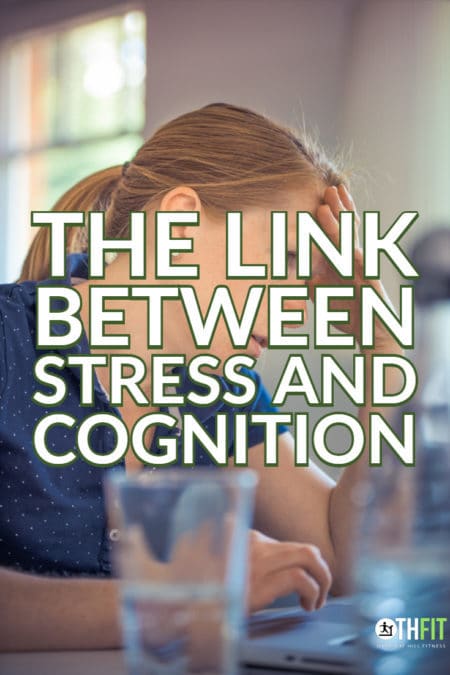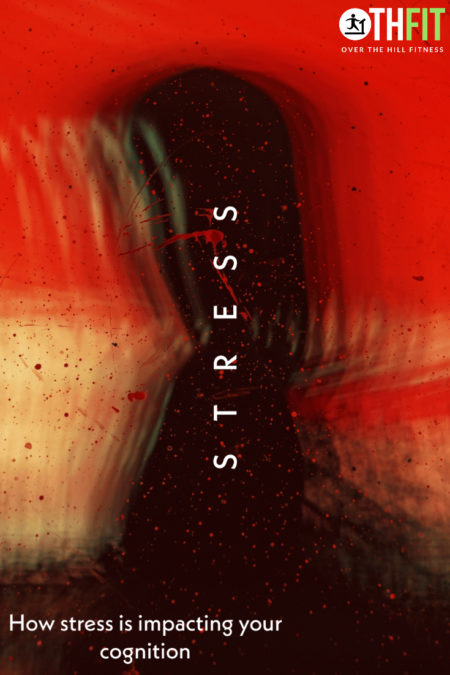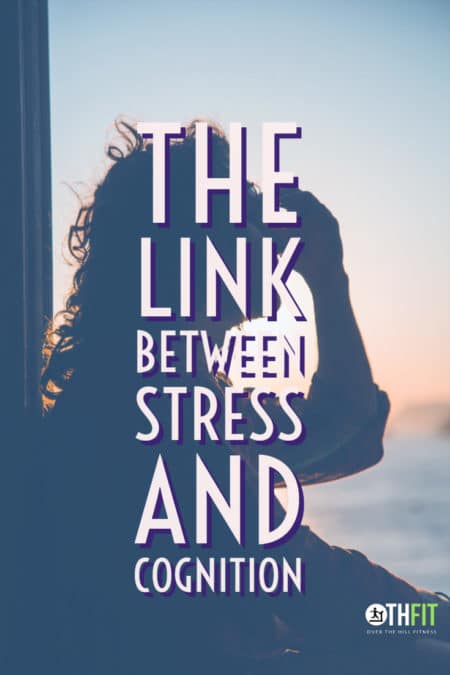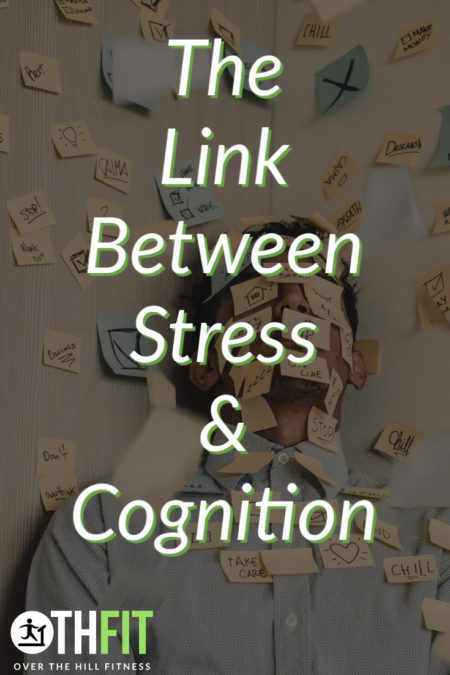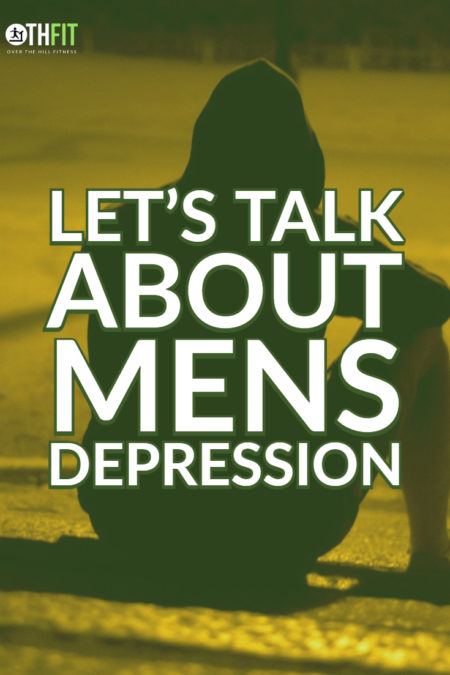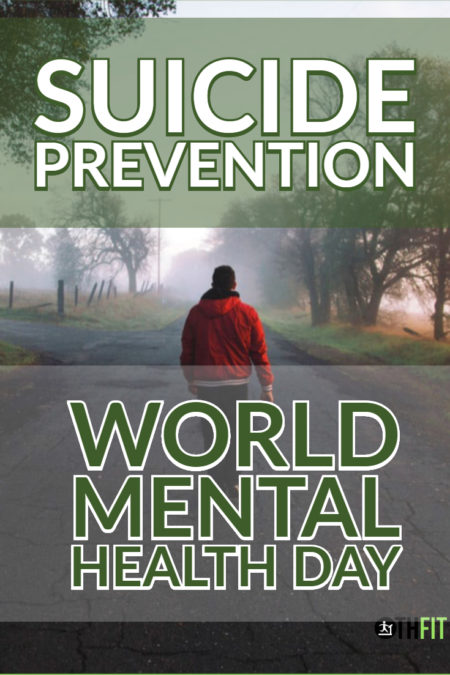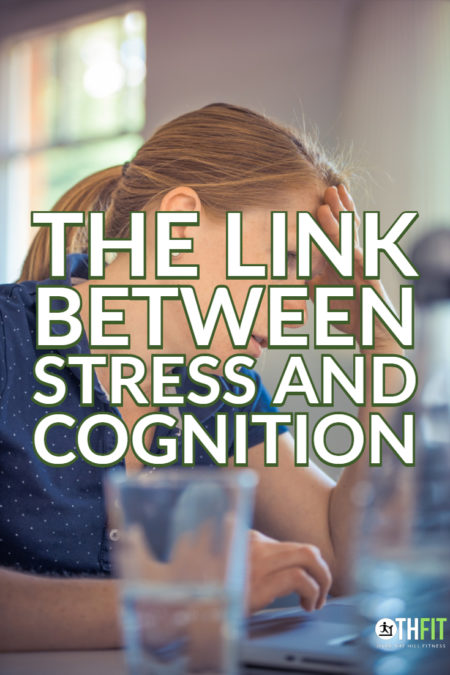
The Link Between Stress and Cognition
A study from Penn State shows that people thinking their day will be stressful in the morning negatively impacts their working memories. With a reduction in working memory, people may be more prone to make mistakes. This highlights an important relationship between stress and cognition.
These reductions in working memory can occur during work or study. They may have a more difficult time focusing on tasks or conversations. These effects can be amplified as we age and our cognitive performance levels naturally decline.
About the Study
Researchers gathered 240 adults from diverse ethnic, social, and financial backgrounds. The study was 2 weeks long and each day the participants responded to alerts on a smartphone application 7 times. The first was in the morning and asked whether they expected their day to be stressful. 5 more alerts spread throughout the day asked about their levels of stress at that time. At night they were asked about the next day’s anticipated stress level (Penn State, 2018).
The people in the study were also given 5 working memory tasks spread throughout their days. Their performance was then compared to their levels of anticipated and actual stress as they had reported (Penn State, 2018).
What did they find?

What they found was if people anticipated stress in the morning, they performed worse on the working memory tasks. Interestingly, there was no significant correlation with anticipating a stressful day the night before and the next day’s performance (Penn State, 2018).
What the Stress and Cognition Link Means For You
This study is useful as it allows people to take a proactive approach. It highlights the importance of the relationship between stress and cognition. If you realize you’re anticipating stress that day, you can take action to lower your stress level.
Some ideas that the researches floated included smartphone apps. These would help you monitor and log anticipated and actual stress levels. They would also give you reminders to meditate, do some breathing exercises, or something similar at the start of your day.

This study can be especially helpful for the aging. If we realize that our performance of cognitive tasks that day may not be the best we could avoid dangerous situations like driving or setting up medications for the week.
We may seek out a second pair of eyes or hands to complete daily chores. This may be especially true for those of us with chronic illnesses that already take a hit to working memory or deal with “brain fog.” An app on a smartphone may even be able to take the data you enter about anticipated stress levels and send you an alert that today you may not want to drive or something similar.
What does the stress and cognition link mean for the future?
While the study was partially limited in that it was a rather small sample-size, it did produce significant findings. As we know, there are several things that can affect working memory, such as sleep quantity and quality, physical and mental health, and stress levels. It makes sense that anticipated stress levels would also affect working memory.
By incorporating stress-management techniques, people who are more aware of their anticipated stress levels may be able to manage their daily activities more safely and in healthy ways. They could work with therapists or coaches to learn problem-focused coping techniques that really treat the cause of the stress and don’t focus on the feeling itself. This study has opened some very promising avenues of using technology to help in this regard.
I am going to challenge myself to record my anticipated stress levels each day for the next week, I’m honestly not aware of what mine are. It will be interesting to see how I can then use that information. My goal is to increase my ability to mitigate my anticipated stress levels and see if I can find some great strategies, whether it’s an app on my phone or a plain old written journal.
I’m also going to use some of the tips I got from our 8 Natural Tips for a Perfect Night’s Sleep to give my brain an even bigger boost!
What about you? Do you see where anticipated stress levels are playing havoc on your cognition? Let me know in the comments or on social media!
Reference
Penn State. (2018). Expecting a stressful day may lower cognitive abilities throughout the day. The Journals of Gerontology: Series B. Retrieved from Here.
Please Pin on Pinterest
